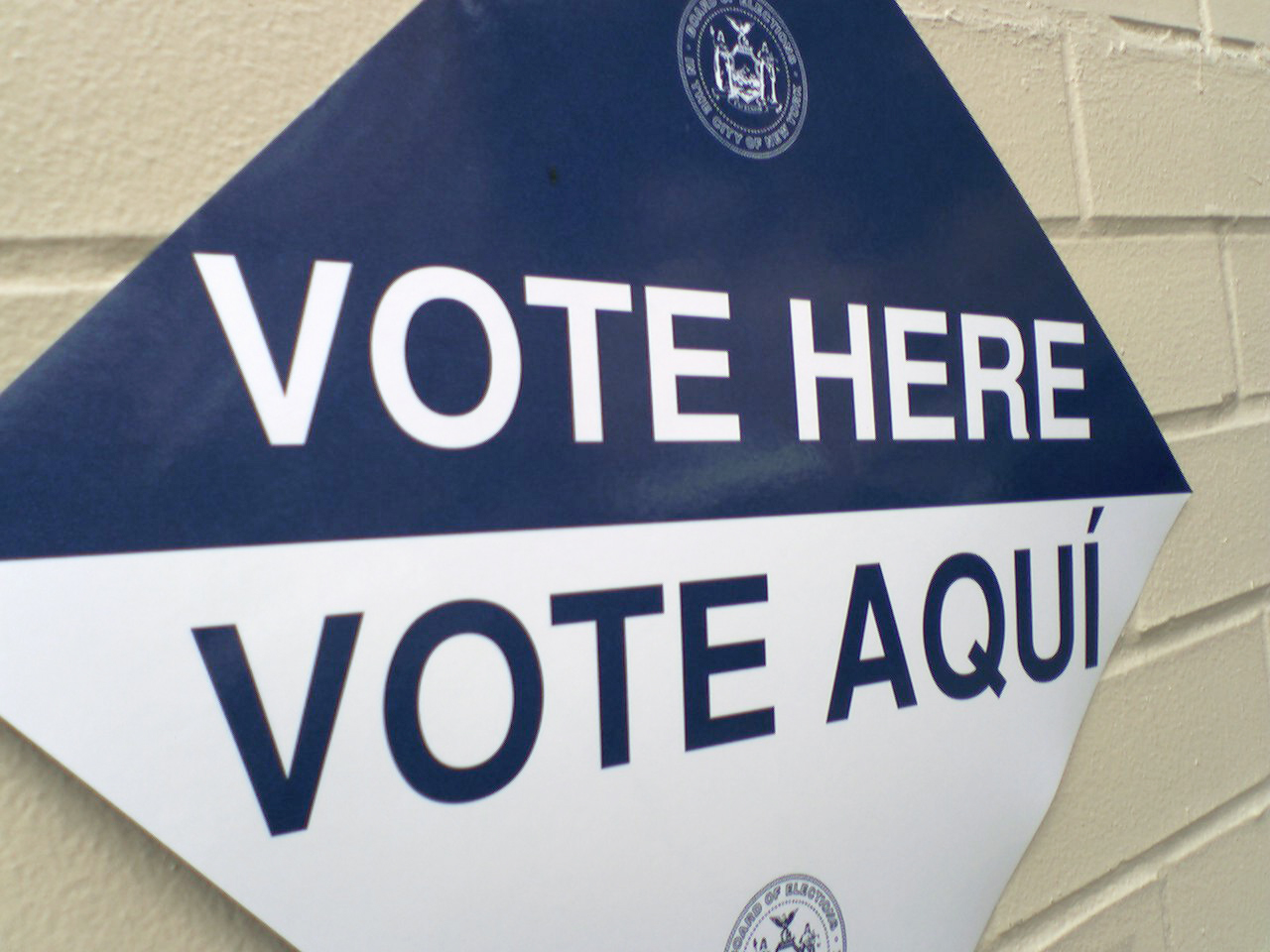- South Texas Students Meet Accordion Music Icons Los Tigres Del Norte In Edinburg Thanks To Khs America/Hohner Alianza Académica Initiative
- Fragile Planet Offers a Nighttime Wildlife Experience
- Falcons Soccer Off & Running
- Cameron County Receives Funds to Improve Two Parks
- Falcons Complete First Half of 32-6A
- School District to Help out Victims of California Wildfires
- Sand Castle Days Continued Despite Unexpected Weather
- Ready for District
- Discussion of Garbage Dumpster Rates, Agreements Between State & City on Highway Regulations, and More
- 31st Annual Shrimp Cook-Off is Right Around the Corner
Conservation Issues Among Top Priorities for Hispanic Voters
- Updated: August 27, 2014
Latino Population is Fastest-Growing Segment in U.S.
by John Michaelson/TNS
AUSTIN, Texas – As the mid-term elections approach, a new analysis shows that Latinos overwhelming support greater environmental protections, and such conservation issues could influence their voting decisions.
The report is from the Hispanic Access Foundation. Its president, Maite Arce, said the reason Latinos favor environment-friendly policies is because they see them as essential elements to a better quality of life.

Immigration is an important issue heading into the fall’s election, but another key when it comes to Latino voters is the stance that candidates have on conservation issues. Photo credit: Rob Boudon/Flickr.
“Some of the more important specific issues the Latino voters really care about,” she said, “are clean air and water and preserving public lands, climate change and promoting clean-energy solutions.”
She said the report also concluded that Latinos are more likely to vote for candidates based on their environmental positions – and that cuts across the board.
“One of the other findings they had in this analysis was that, for the most part, Latinos are not divided by gender or party identification or age or any other demographic traits when it comes to the conservation issues and the environment.”
With the Latino population being the fastest-growing segment in the United States, Arce said their engagement in conservation is critical and could have far-reaching impacts.
The full report is online at hispanicaccess.org.
